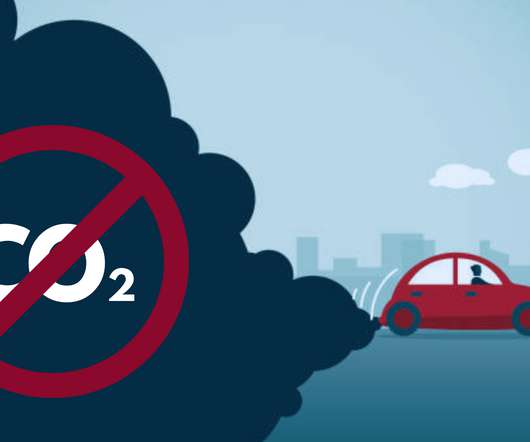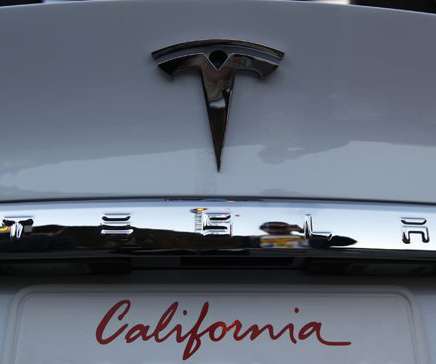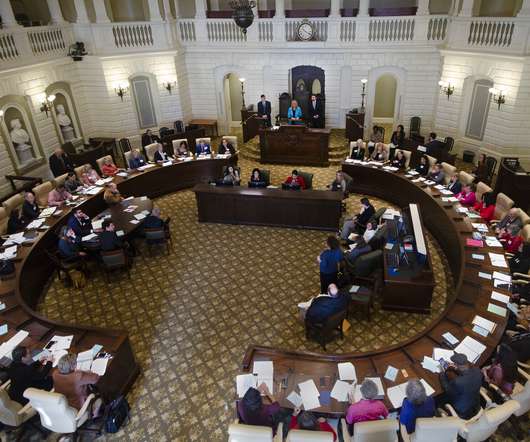Rhode Island Bill Creates Roadmap to Advance Future of Electric Transportation
Green Energy Consumers
MARCH 9, 2022
Last week , Rhode Island legislators Sen. 2448 ) creates a process to plan for the infrastructure and other changes involving cars, trucks, and public transportation in order to meet the 2030 target, which is critical for the state to meet its 2030 greenhouse gas emissions reductions under the Act on Climate. 7653 and S.


















Let's personalize your content